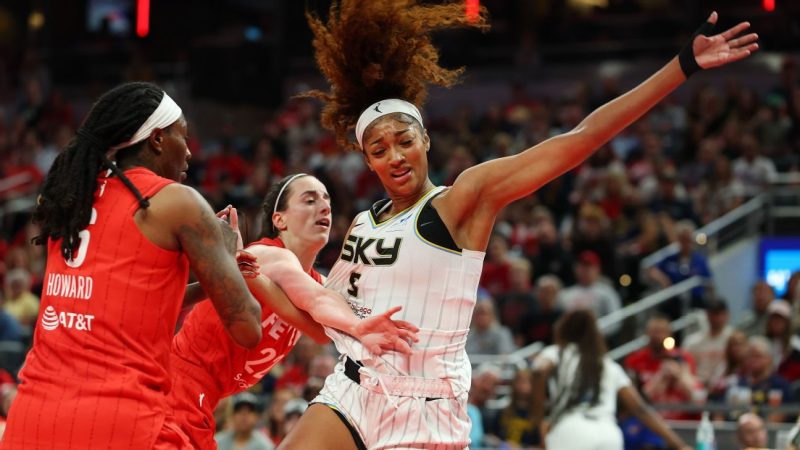
The WNBA recently concluded an investigation into allegations of hateful fan comments directed at Chicago Sky star Angel Reese during a game on May 17th. The league announced it was unable to substantiate the claims, despite the serious nature of the accusations. This outcome has sparked a mixed reaction, with some expressing disappointment at the lack of concrete evidence and others highlighting the challenges of investigating such incidents in a live sporting environment.
The difficulty in verifying online comments and social media posts is a significant hurdle in these types of investigations. The sheer volume of content, coupled with the potential for false reports or misinterpretations, can make it extremely challenging to isolate specific instances of harassment and definitively link them to particular individuals. This isn’t unique to the WNBA; many sporting organizations struggle with similar challenges.
The league’s statement emphasized their commitment to creating a safe and inclusive environment for players and fans. This commitment is commendable, but the inability to verify the allegations raises questions about the effectiveness of current investigative procedures and the support systems in place for players facing online abuse. It highlights the urgent need for improved methods of monitoring fan behavior and holding accountable those who engage in hateful and discriminatory conduct.
Moving forward, the WNBA will likely need to explore more robust strategies for identifying and addressing online abuse. This could involve enhanced social media monitoring, partnerships with technology companies to develop better detection tools, and potentially stricter penalties for proven violations of fan conduct policies. A clearer and more transparent process for investigating these types of incidents would also benefit the league and foster greater trust with players and the wider community. The challenge lies in finding a balance between protecting free speech and ensuring a respectful atmosphere for all involved in the sport.
Ultimately, the inability to verify the allegations against Reese doesn’t diminish the very real issue of online harassment faced by athletes. It underscores the need for a comprehensive and proactive approach to tackling this problem, one that involves technological advancements, improved policies, and a collective commitment from the league, teams, players, and fans.









